How Beauty School Prepares Students for Real-World Client Interactions
In the cosmetology industry, real-world client interactions are crucial for building a successful career. Beauty schools play a pivotal role in equipping future professionals with the necessary skills and experiences to navigate these interactions effectively. From mastering technical skills to developing strong communication and professionalism, beauty school prepares students for the challenges and opportunities of working with clients in the real world. According to Exploding Topics, the global beauty industry generates more than $650 billion in revenue each year, underscoring the immense opportunities for graduates entering this thriving field.
Mastering Technical Skills Across Cosmetology Disciplines
At the heart of beauty school training is the development of foundational technical skills. Hair styling forms a core component of this education, with students learning a range of techniques from precision cutting to advanced styling methods, including color theory and texturizing. Beauty schools provide structured instruction, combining mannequin work, live model practice, and guided feedback from experienced instructors. This approach ensures that students can handle diverse hair types and styles while fostering creativity and technical precision—an essential combination in an industry worth hundreds of billions annually.
Skincare and makeup artistry are equally emphasized. Beauty school students gain knowledge of facial treatments, skin types, and product applications, enabling them to recommend effective routines to clients. Makeup instruction blends technical skill and artistry, teaching students everything from basic application to editorial looks, with a focus on color theory, symmetry, and client-specific customization. Mastery in these areas allows graduates to serve clients in spas, salons, and specialized cosmetic environments confidently.
Nail treatments and artistry also form a critical pillar of beauty school education. Students learn hygiene standards, manicures, pedicures, acrylics, and intricate nail designs. Hands-on training develops both precision and dexterity, while instructors emphasize sanitation and client comfort. Graduates leave with the ability to meet client expectations in a highly competitive segment of the beauty industry.
In addition, beauty schools teach sanitation and safety protocols to protect both clients and professionals. Students learn proper tool handling, sterilization, and chemical safety, ensuring compliance with industry regulations and fostering trust in client interactions. Exposure to advanced beauty technologies, including laser treatments, microdermabrasion, and light therapy, further enhances students’ capabilities, allowing them to provide innovative services in modern salon environments.
Developing Interpersonal Communication and Client Relations
Success in cosmetology extends beyond technical skill. Beauty schools place strong emphasis on interpersonal communication, teaching students to understand client needs, preferences, and expectations. Through role-playing and simulation exercises, students practice active listening, asking insightful questions, and interpreting non-verbal cues. This preparation ensures that graduates can deliver tailored services and build lasting professional relationships.
Students also learn to manage difficult client situations with professionalism and grace. Beauty school instructors provide strategies for conflict resolution, emphasizing empathy, clear communication, and problem-solving. These experiences help future cosmetologists maintain composure under pressure and convert potential challenges into positive client experiences.
Empathy and professionalism are reinforced throughout the curriculum. Practical exercises encourage students to consider clients’ perspectives and emotions while maintaining high standards of conduct. This combination fosters trust, respect, and loyalty, qualities that distinguish successful professionals in a competitive field. Personalizing client consultations is another key skill emphasized in beauty school. By tailoring services to individual needs, students develop the ability to provide customized experiences that encourage repeat business and client referrals.
Hands-On Experience Through Practical Training
Beauty school education prioritizes practical, hands-on training to bridge the gap between theory and professional practice. Students participate in salon simulations that replicate real-world conditions, allowing them to practice technical skills in a controlled, supportive environment. This training builds confidence and prepares graduates to handle the fast-paced demands of professional salons.
Supervised work on real clients is a cornerstone of this training. Beauty schools often operate in-house salons where students provide services under instructor oversight. This experience introduces students to client interactions, service customization, and time management, all critical skills for career readiness. Graduates leave beauty school having applied their skills to actual client scenarios, fostering confidence and competence.
Internships and externships further expand students’ exposure to professional settings. Working alongside seasoned practitioners, students observe industry best practices, client management strategies, and business operations. These placements provide valuable networking opportunities, helping students develop connections that can lead to employment. Exposure to different salon environments also enables students to identify their preferred career paths and build adaptability, a critical skill in a growing industry.
Integrating Technical Mastery, Communication, and Experience
Beauty schools are uniquely positioned to integrate technical mastery, interpersonal skills, and real-world experience into a cohesive and comprehensive educational program. Rather than teaching isolated skills, these institutions design curricula that allow students to see how each component of cosmetology interrelates in practical settings. By combining training in hair styling, skincare, makeup, and nail artistry with client consultation practice, safety instruction, and exposure to advanced technologies, students emerge as versatile, well-rounded professionals. This holistic approach ensures that graduates are not only technically proficient but also confident in applying their skills in dynamic, client-focused environments.
Practical training is a central pillar of this integration. Students gain hands-on experience through supervised live client work, classroom simulations, and professional placements such as internships and externships. These experiences allow them to apply their knowledge in real-world scenarios, bridging the gap between theory and practice. Exposure to actual clients helps students understand diverse needs, manage expectations, and develop the timing, organization, and adaptability necessary for efficient service delivery. Additionally, guided professional placements immerse students in salon operations, giving them insight into business management, workflow optimization, and industry-standard practices—critical skills for long-term success in cosmetology.
Equally important is the development of soft skills, which are woven throughout the curriculum and reinforced during every practical session. Active listening, empathy, professionalism, and conflict management are emphasized as essential tools for building trust and fostering client satisfaction. Students learn to interpret verbal and non-verbal cues, respond thoughtfully to concerns, and maintain composure under pressure. Role-playing, mentorship, and constructive feedback provide opportunities to practice these skills, ensuring that graduates can navigate a wide range of client interactions gracefully.
By fostering both technical expertise and interpersonal competence simultaneously, beauty schools create graduates capable of delivering high-quality services that consistently meet—and often exceed—client expectations. The ability to combine artistry, precision, and emotional intelligence allows cosmetologists to cultivate loyal client relationships, adapt to evolving trends, and maintain a reputation for professionalism. This integration of hard and soft skills ensures that graduates are not only prepared to perform individual services but also to contribute to the overall success of the salons, spas, or businesses in which they work.
Preparing for a Career in a Thriving Industry
Graduates of beauty school enter a thriving and ever-evolving industry with a strong foundation in technical skills, communication, and professional experience. The global beauty market generates more than $650 billion annually, reflecting a vast demand for talented professionals. Whether working in salons, spas, editorial settings, or launching independent ventures, beauty school alumni are equipped to capitalize on these opportunities.
The combination of hands-on training, client interaction practice, and exposure to advanced technologies positions graduates to provide exceptional services and adapt to emerging trends. By emphasizing both technical proficiency and interpersonal excellence, beauty schools help future cosmetologists build careers marked by creativity, confidence, and client satisfaction.
Beauty school serves as a critical stepping stone for aspiring cosmetologists, providing the knowledge, skills, and experience needed to succeed in a competitive and expanding industry. From mastering technical disciplines to developing strong communication skills and gaining real-world experience, students are prepared to deliver exceptional client service and thrive professionally.
If you’re ready to turn your passion for beauty into a rewarding career, contact American Academy of Aesthetics to take your first step toward success. Build your skills, gain hands-on experience, and enter the booming beauty industry with confidence.
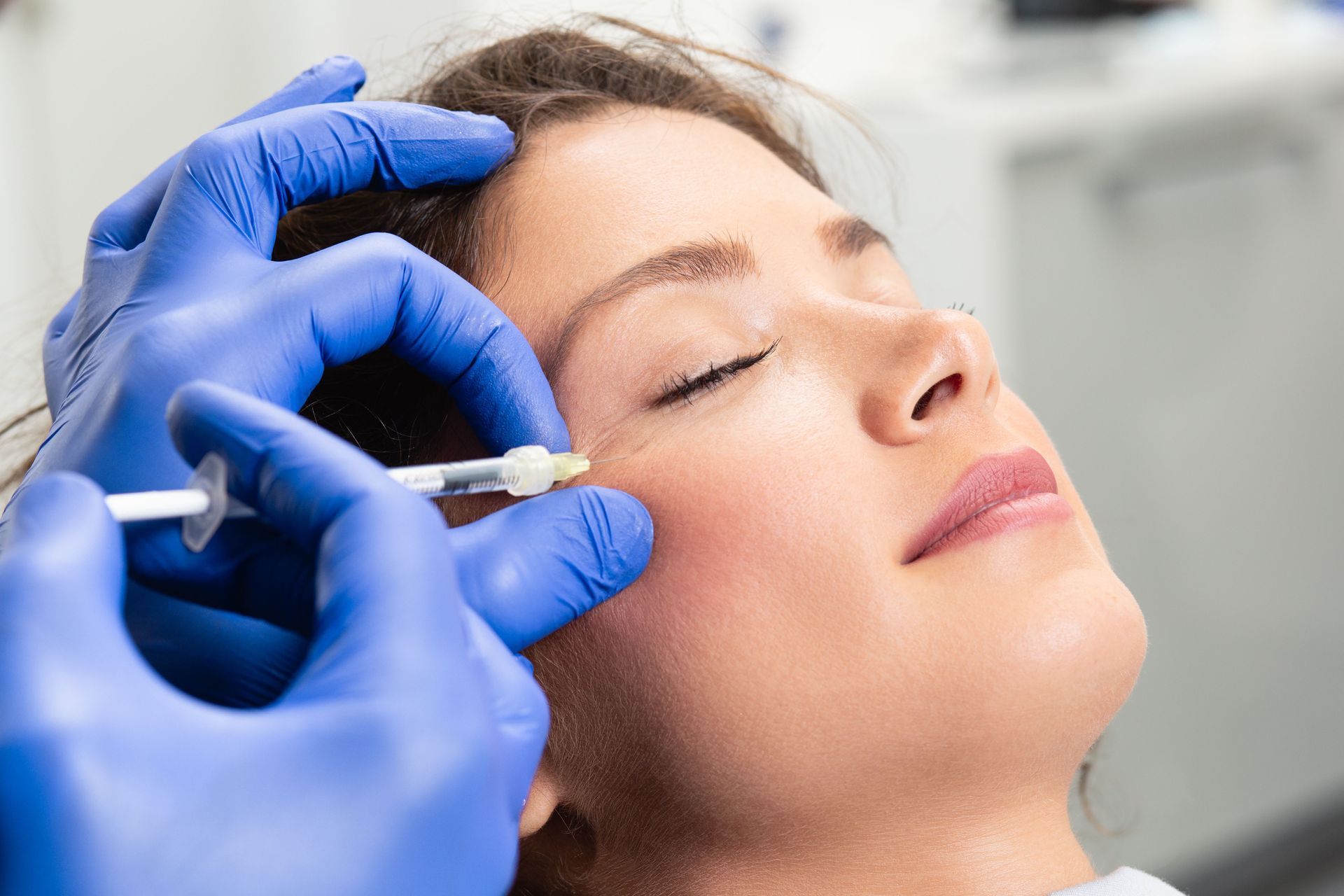
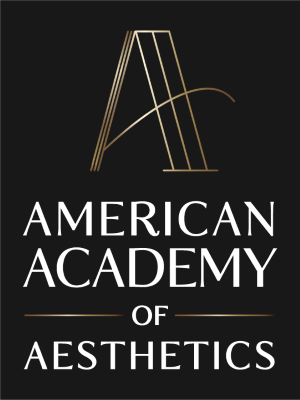


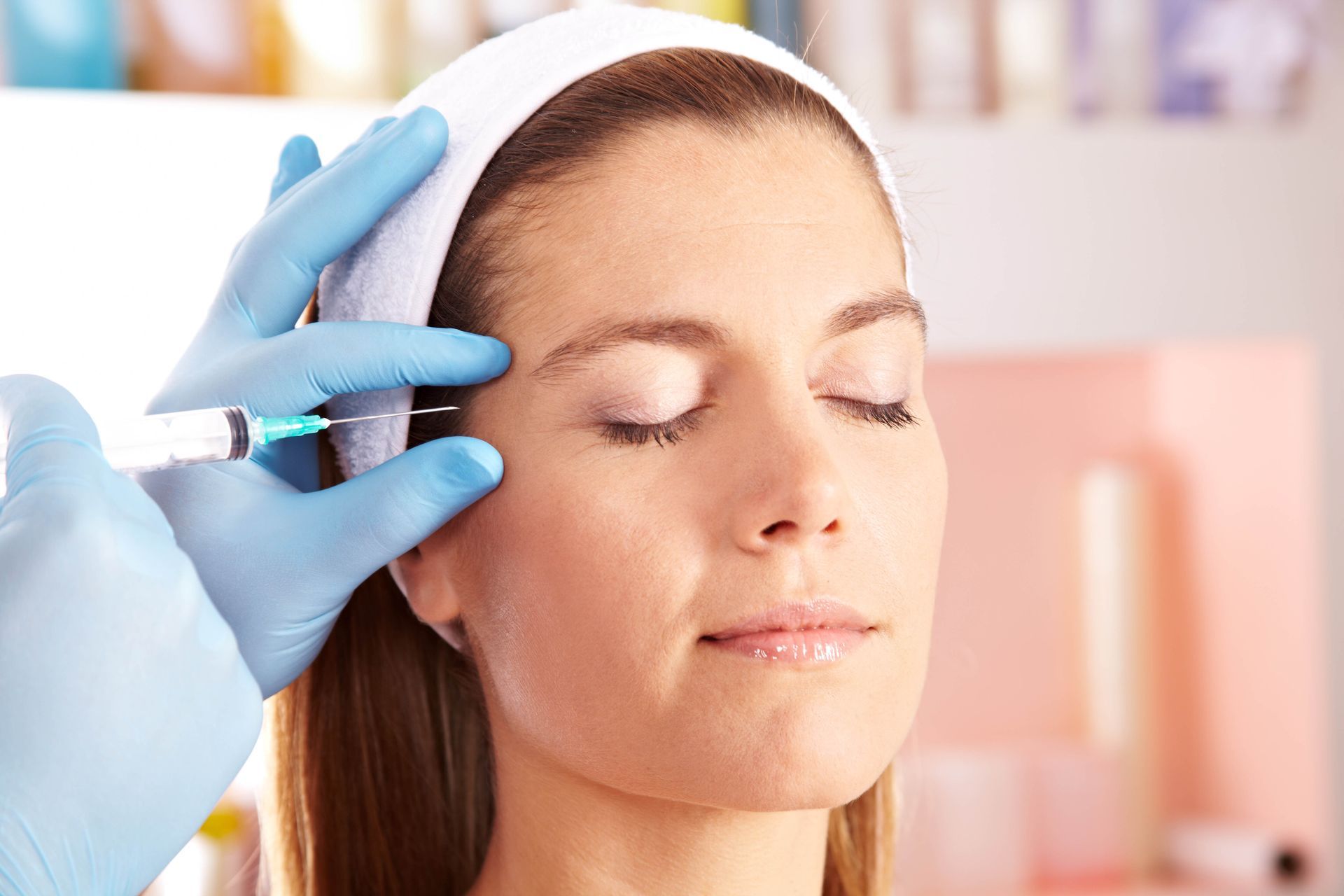

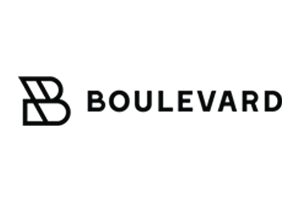




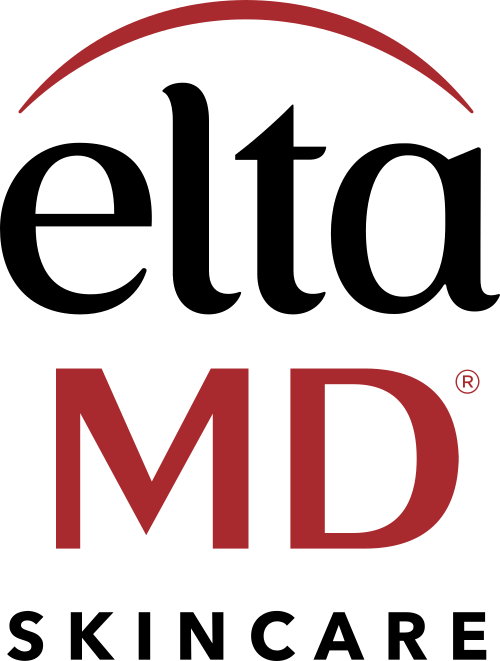
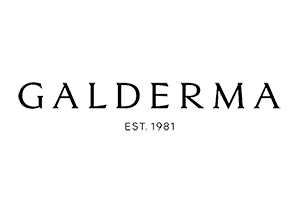



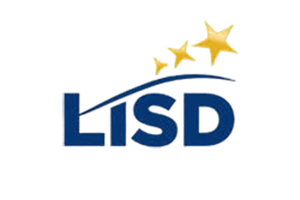
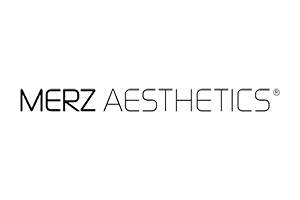
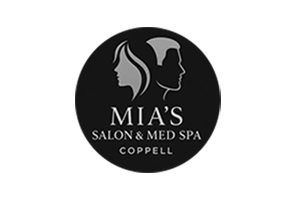

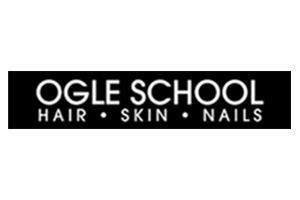
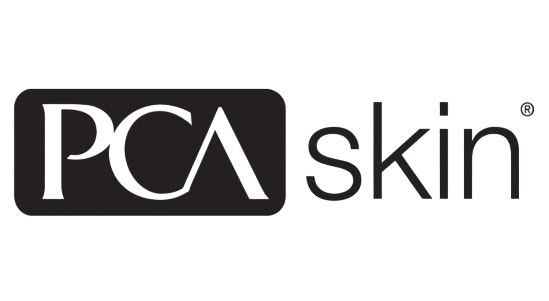


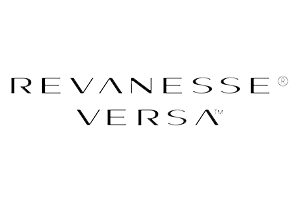
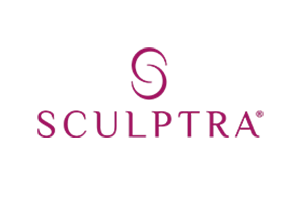
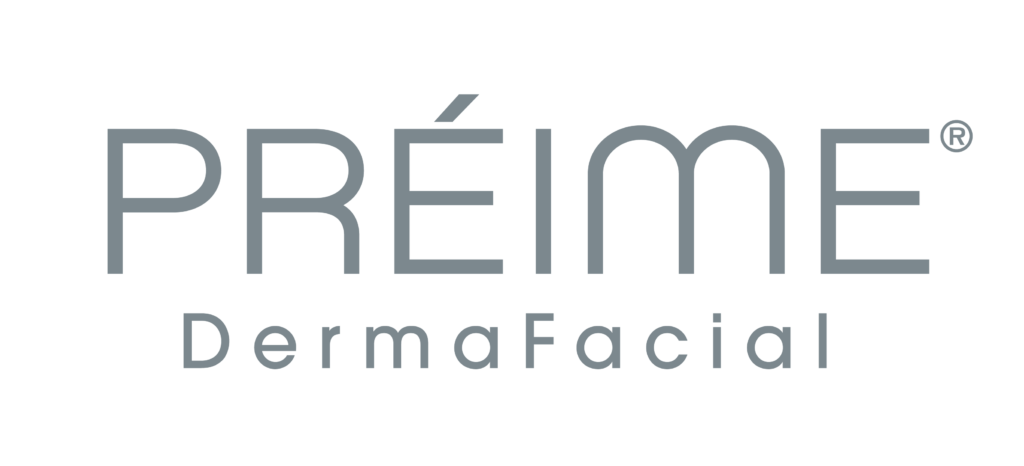
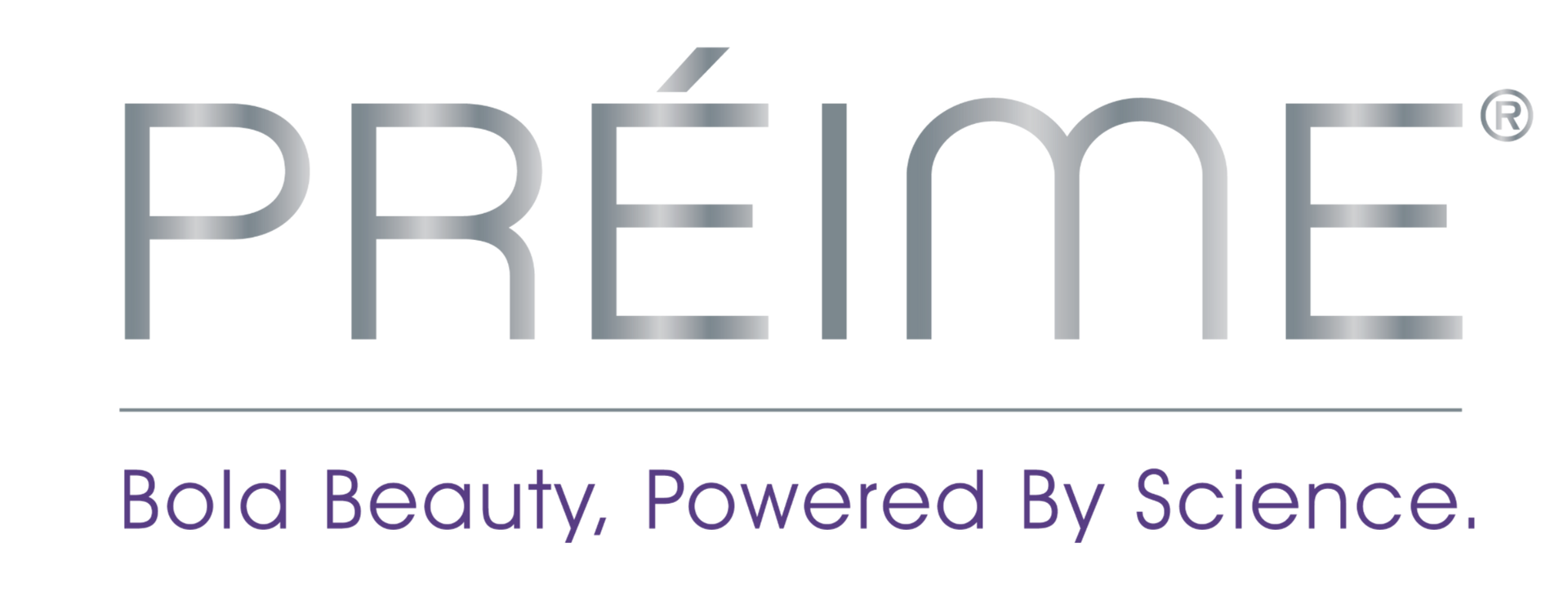





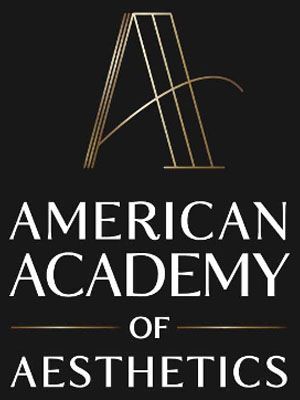
Share On: